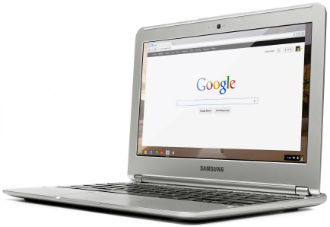 Intel said yesterday it will host a symposium in Taipei to discuss the development of 2-in-1 hybrids with supply chain partners. The event is part of Intel’s push for cheaper x86 devices, which could take on ARM-based tablets, at least in theory.
Intel said yesterday it will host a symposium in Taipei to discuss the development of 2-in-1 hybrids with supply chain partners. The event is part of Intel’s push for cheaper x86 devices, which could take on ARM-based tablets, at least in theory.
Intel knows that x86 tablets are simply too pricey to compete with ARM tablets, both on the hardware and software fronts. However, if it manages to push prices down, upcoming 2-in-1s could still be competitive.
Intel VP and general manager of global ecosystem development Zane Ball told reporters that he expects prices of 2-in-1s to fall next year, thanks to lower component costs. He said most companies are currently capable of delivering $399 devices, but the real challenge will be getting the price down to $299, reports Focus Taiwan.
It won’t be easy. At the moment there are just 15 products that fit Intel’s 2-in-1 spec and the number is expected to grow to 60 designs next year. These are hardly impressive figures and many analysts believe Intel will have a very tough time marketing the devices, especially if prices remain high.
However, although $299 is still not enough to combat cheap Android tablets, it is still an interesting price point. Cheap 2-in-1s could do well in some niche markets. They sound like the perfect upgrade for netbook users and they could steal some market share from Google’s ultra-cheap Chromebooks.
Higher end models could be a replacement for ultraportables and small Ultrabooks.







